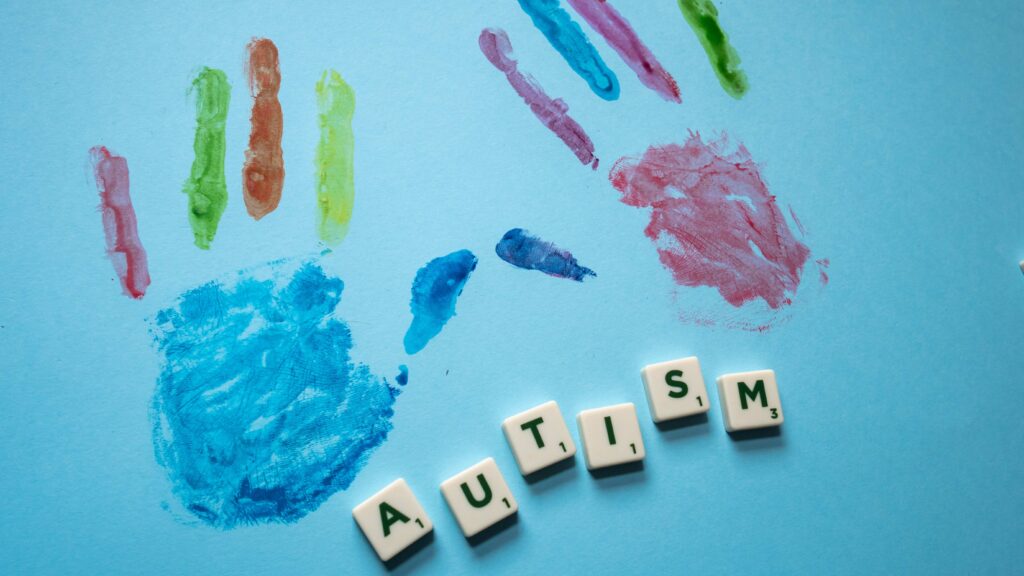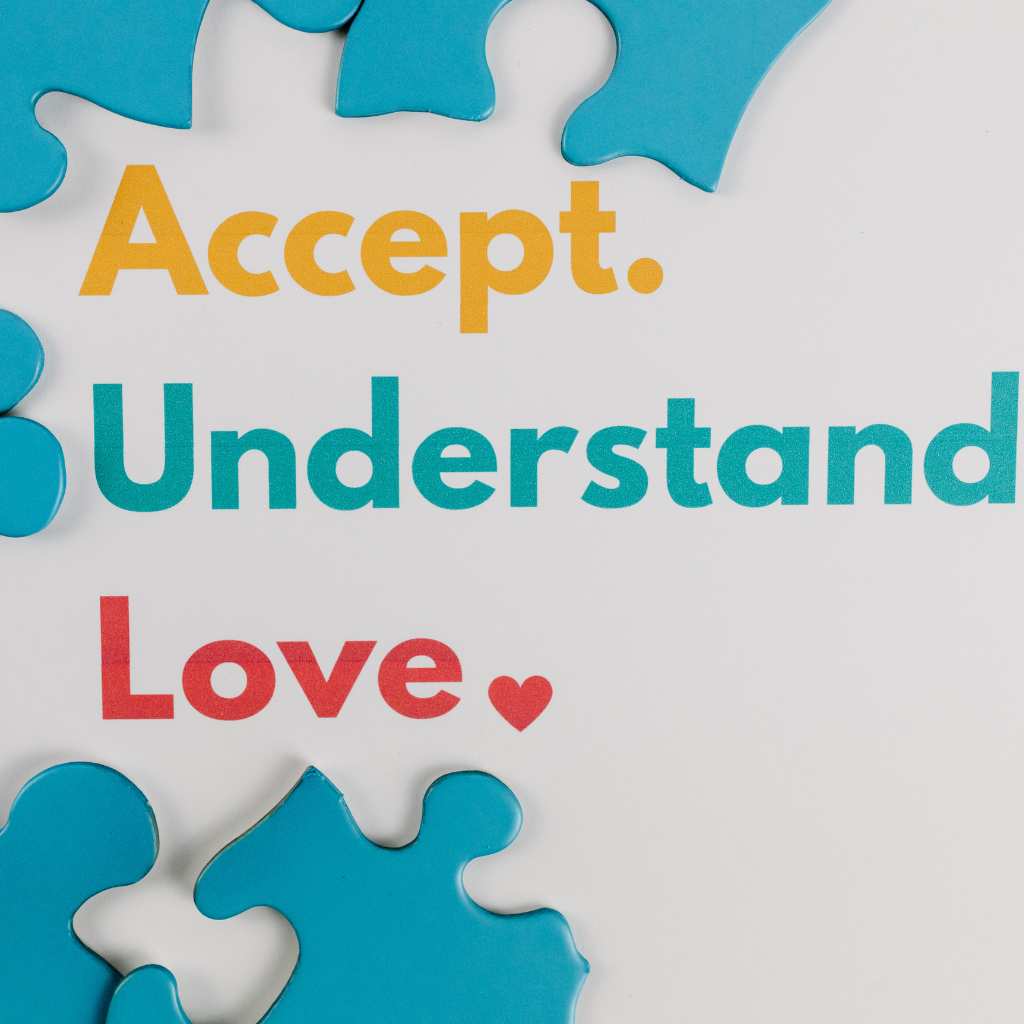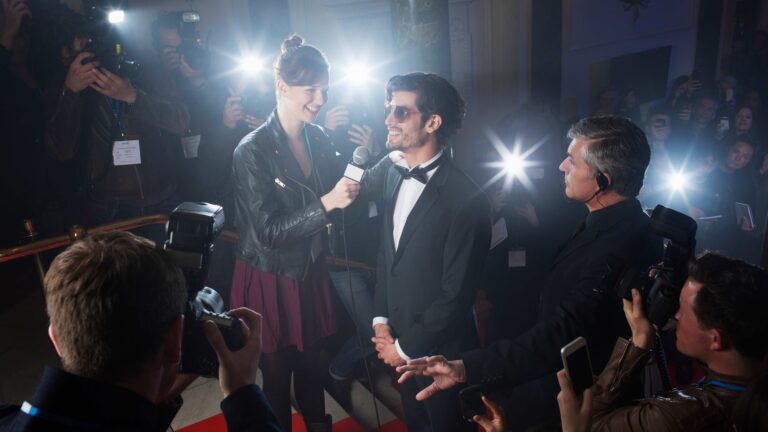Table of Contents
How can the personal stories of celebrities help change the way we view autism?
Celebrity autism parents have emerged as powerful catalysts for change in how society understands, accepts, and supports individuals with autism spectrum disorder (ASD). By opening their private lives to public view, these influential voices help dismantle misconceptions while advocating for greater awareness, improved services, and meaningful inclusion.
These prominent families navigate the same complex emotions, challenges, and triumphs as any parents of children with autism. Still, their visibility provides a unique platform for advancing autism advocacy on a broader scale. From establishing foundations to challenging stereotypes in media representation, celebrity autism parents have transformed the conversation around neurodiversity in profound ways.
At ABA Centers of Rhode Island, we recognize the valuable contributions and the autism advocacy these celebrities make in shifting public perception and creating more supportive communities for all individuals on the spectrum. Their stories not only resonate with families walking similar paths but also educate the broader public about the diverse realities of life with autism.
Autism Facts

Before exploring the stories of celebrity autism parents, it’s helpful to understand the current context of autism in the US:
- The CDC’s latest data indicate that approximately 1 in 31 children in the United States is diagnosed with autism spectrum disorder (ASD).
- Autism manifests uniquely in each person, with varying strengths, challenges, and support needs across communication, social interaction, sensory processing, and other domains.
- Early diagnosis followed by appropriate intervention significantly improves outcomes for individuals with autism, making timely identification and support critical priorities, according to the National Institute of Child Health and Human Development.
- Despite progress, many individuals on the spectrum and their families continue to face barriers to inclusion, appropriate educational supports, and necessary services—challenges that autism advocacy directly addresses.
Celebrity Autism Parents
Holly Robinson Peete: Following her son RJ’s diagnosis at age three, Holly Robinson Peete transformed her personal experience into a powerful platform for change. Together with her husband, former NFL quarterback Rodney Peete, she established the HollyRod Foundation, which provides support to families navigating neurodiversity.
This celebrity autism parent has been particularly vocal about disparities in autism diagnosis and treatment across different communities, highlighting how children of color often receive diagnoses later than their white counterparts, potentially missing crucial early intervention opportunities.
Recently, she has firmly countered misinformation about autism, particularly responding to Robert F. Kennedy Jr.’s controversial statements.
Sylvester Stallone: Action star Sylvester Stallone represents an earlier generation of autism parents who navigated their children’s diagnoses when far less was understood about the condition. His son Seargeoh was diagnosed in the early 1980s—a time when autism received minimal public attention and the support services were limited.
Unlike many celebrity autism parents who may guard their privacy, Stallone chose to speak openly about his son’s diagnosis at a time when autism carried even greater stigma. Together with his then-wife, Sasha Czack, he established a research fund through the National Society for Children and Adults with Autism.
Tisha Campbell: Actress Tisha Campbell transformed her son Xen’s autism diagnosis into a mission to support other families, particularly within communities where autism resources have historically been less accessible.
When Xen was diagnosed with autism at 18 months old, Campbell confronted not only the challenge of understanding autism but also navigating a support system that often overlooks the needs of minority families. In response, she established Colored My Mind, an organization dedicated to early identification and intervention for autism in underserved communities.
Brendan Fraser: Oscar-winning actor Brendan Fraser brings a thoughtful perspective to his role as father to Griffin, who was diagnosed with autism as a child. Fraser has spoken candidly about parenting a child with communication differences, offering insights without sensationalizing his family’s experience.
Autism Advocacy in the Music Industry
Shawn Stockman: As a member of the R&B group Boyz II Men, Shawn Stockman has leveraged his platform to advance autism understanding following his son Micah’s diagnosis.
Stockman and his wife, Sharonda Jones, established Micah’s Voice, a foundation providing financial and practical support to families affected by autism.

Micah’s Voice focuses particularly on helping families access therapeutic services that might otherwise be financially out of reach, addressing a critical gap in the support landscape for many autism families.
Faith Evans: Grammy Award-winning singer Faith Evans has been open about her son Ryder’s autism diagnosis. She uses her platform and the nonprofit Ryder’s Room to increase understanding, provide support and resources to families, and normalize autism as part of the diverse human experience. Evans has helped expand the visibility of autism in communities where developmental differences may still carry significant stigma.
Kia Shine: Rapper and producer Kia Shine has used his position in the music industry to raise autism awareness following his son Jameson’s diagnosis with a severe form of autism.
Shine and his wife, Alecia, founded the nonprofit organization Autism Advocates, which focuses on generating awareness, acceptance, and inclusion in schools and the Memphis area in general. They recently partnered with the YMCA to develop a swim safety program for children with autism.
Athletes Championing Autism Acceptance
Ernie Els: Professional golfer Ernie Els and his wife Liezl established the Els for Autism Foundation following their son Ben’s diagnosis. What distinguishes their approach is the creation of the Els Center of Excellence, a comprehensive campus combining education, research, and global outreach.
The Els’ global perspective on autism advocacy has led to initiatives in multiple countries. These initiatives address the universal need for evidence-based services while respecting cultural differences in how autism is understood and supported across diverse communities.
Doug Flutie: Former NFL quarterback Doug Flutie and his wife Laurie established the Doug Flutie Jr. Foundation for Autism following their son Doug Flutie Jr.’s diagnosis with autism. The foundation has distributed millions to organizations providing direct support, services, and advocacy for autistic individuals and their families.
Deron Williams: Former NBA player Deron Williams embraced autism advocacy when his son D.J. received an autism diagnosis at 18 months old. Williams and his wife, Amy, established the Point of Hope Foundation, which supports various causes, including autism services.
Williams has been particularly vocal about the financial challenges many families face in accessing quality autism services—a reality he acknowledges his professional athletic career helped his family navigate, but remains out of reach for many without similar resources.
The Power of Shared Stories
Celebrity autism parents have transformed the public conversation around autism through their willingness to share personal experiences, challenge misconceptions, and advocate for greater understanding and acceptance. Their visibility helps reduce stigma, while their foundations and advocacy work create tangible resources for families navigating similar journeys.
Support from ABA Centers of Rhode Island: Top ABA Care Provider

At ABA Centers of Rhode Island, we draw inspiration from these advocacy journeys while providing evidence-based support to families throughout our state. Our comprehensive approach includes:
- Official autism diagnosis
- Applied Behavior Analysis (ABA) therapy plans for kids and teens
- Parent training and support
- ABA therapy in the School
- In-home ABA therapy
- Early intervention
We recognize that each child’s autism journey is unique. Our clinicians work closely with families to develop personalized ABA therapy plans that respect individual differences while building essential skills for independence and quality of life.
If you’re seeking support for your child with autism, we invite you to contact us at (855) 922-4184 or visit our website to schedule a free consultation.
Together, we can build a world that recognizes neurodiversity and celebrates the unique perspectives and contributions of individuals across the spectrum.








